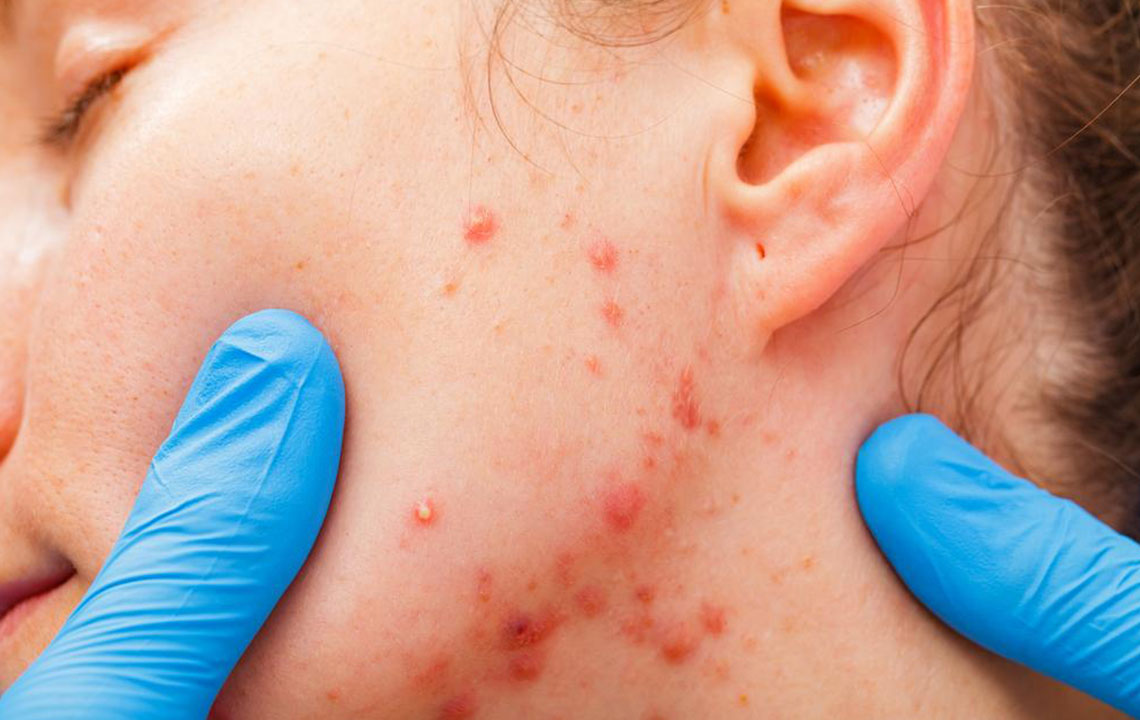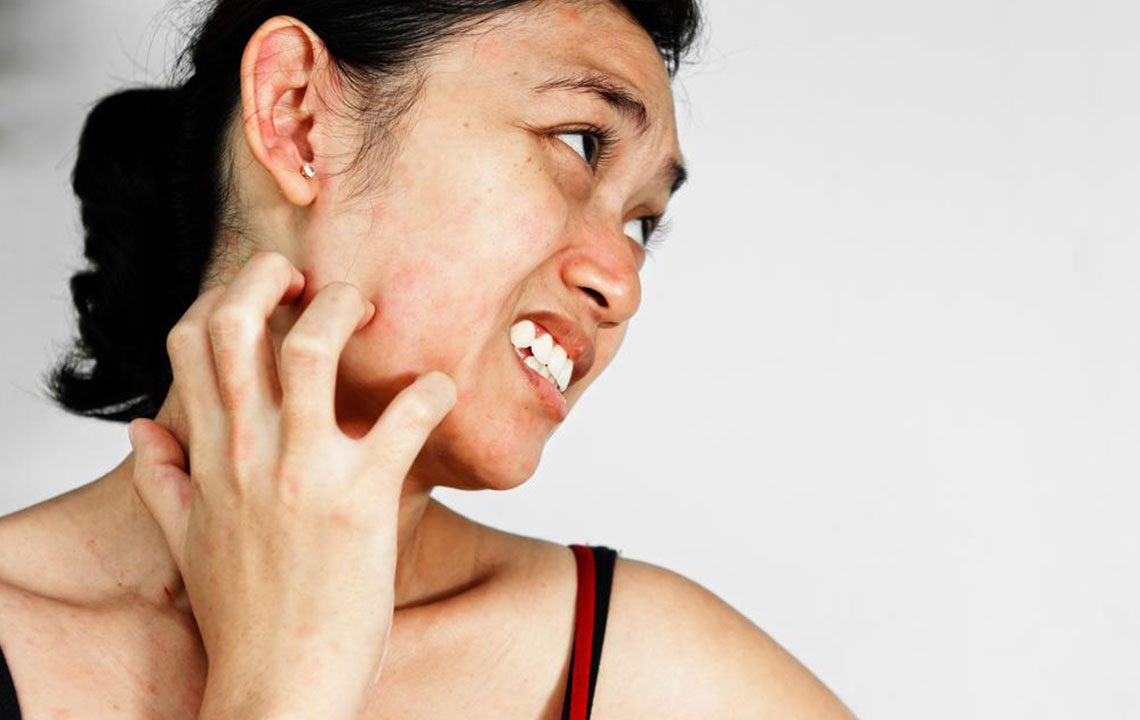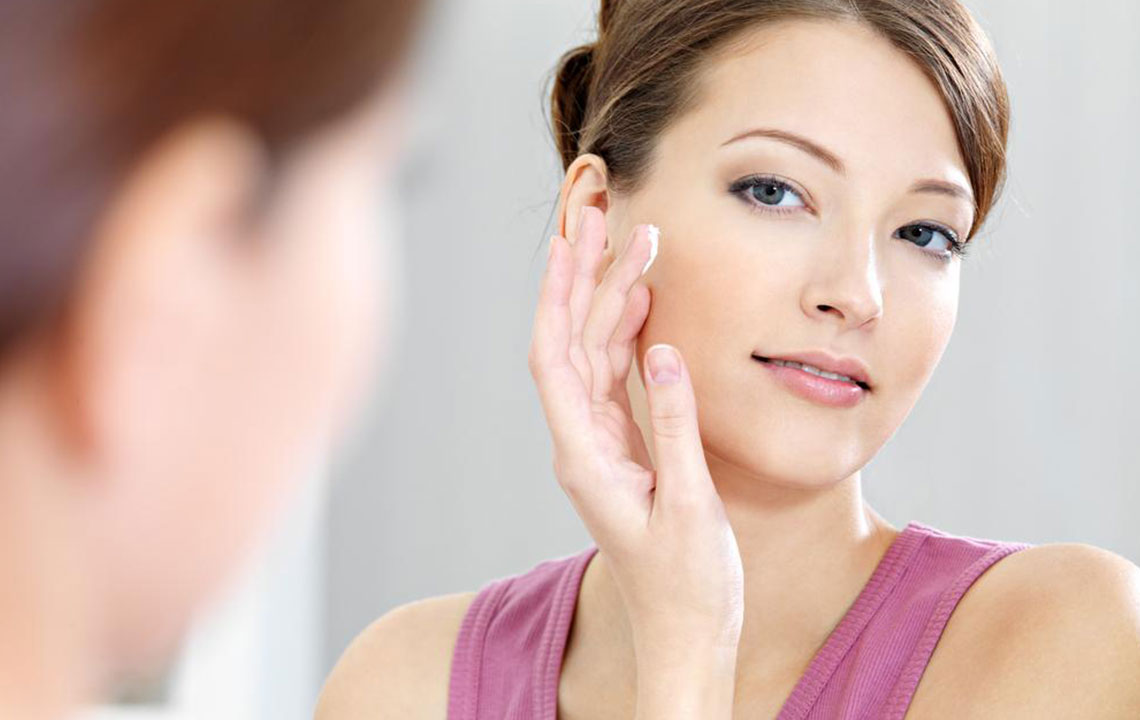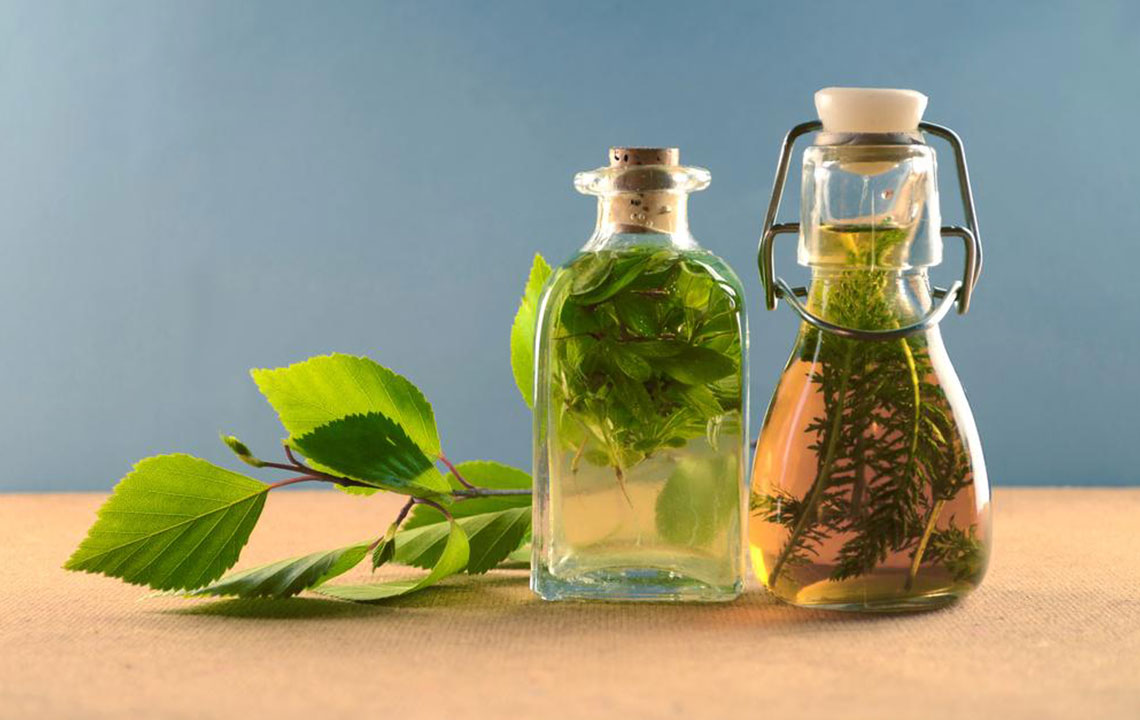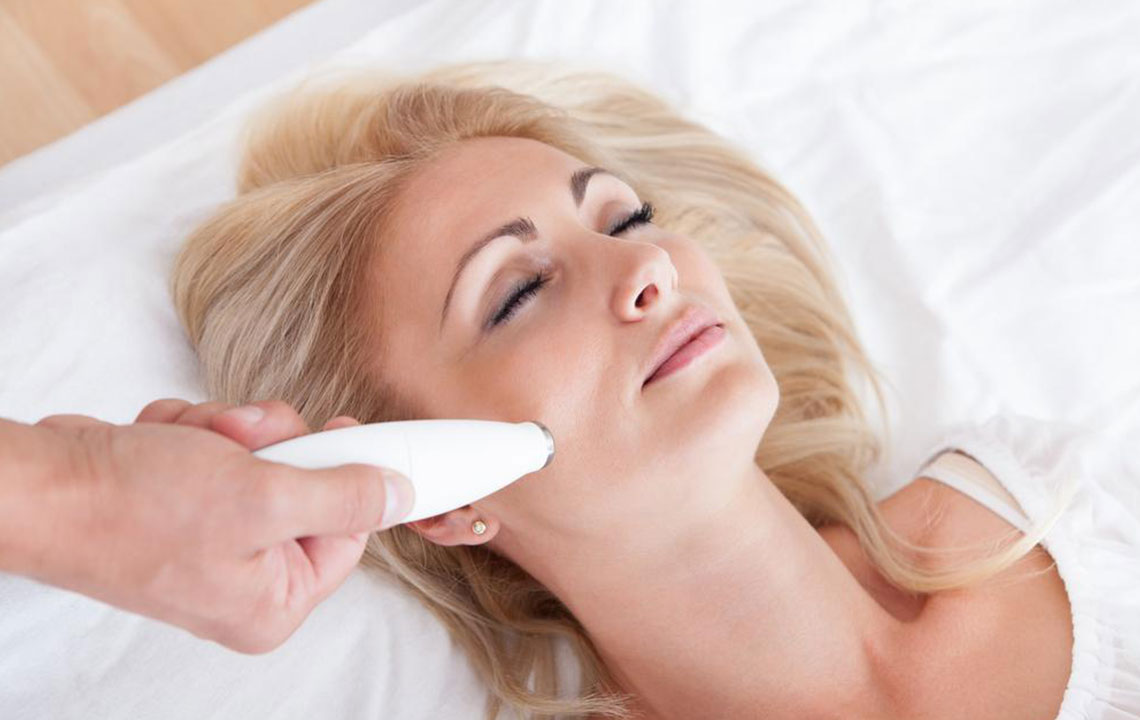Comprehensive Guide to Managing Rosacea
This article provides a detailed overview of rosacea, including its causes, symptoms, and various treatment options. It emphasizes early diagnosis, lifestyle modifications, natural remedies, medications, and laser procedures to manage this chronic skin condition effectively, helping sufferers reduce flare-ups and improve skin health.
Sponsored
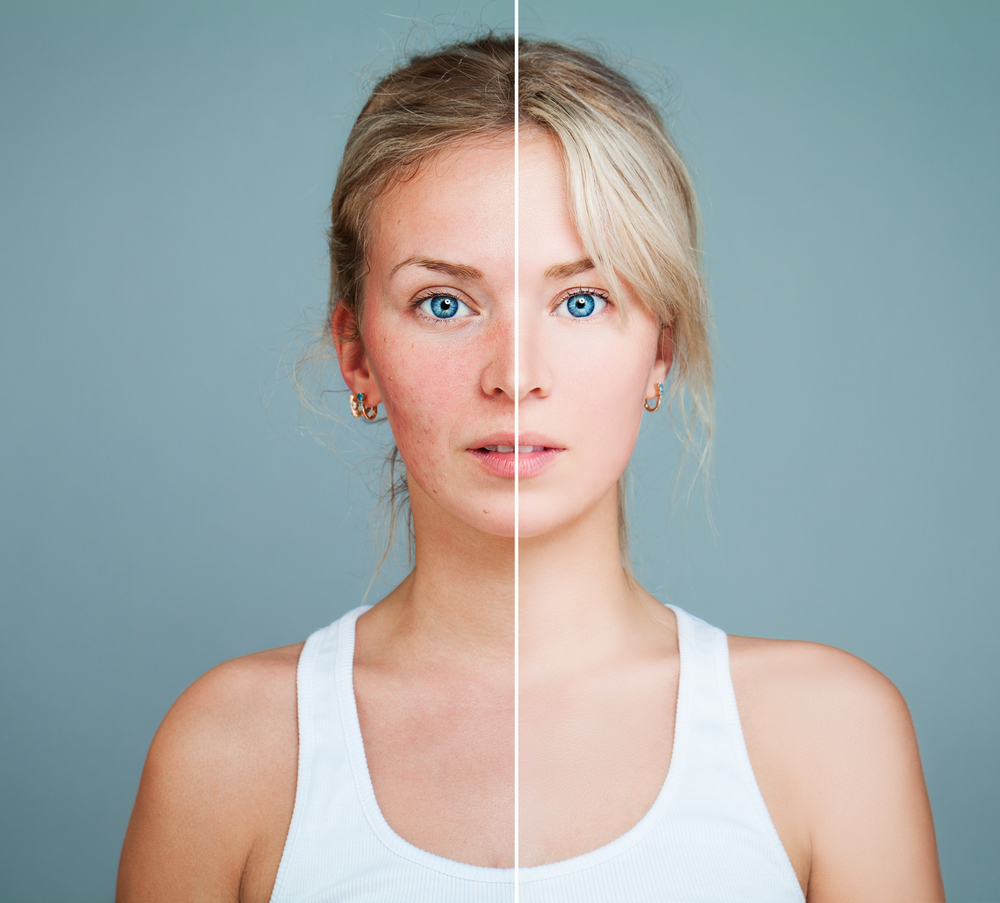
Understanding and Treating Rosacea
Rosacea is a persistent skin condition that predominantly affects adults over 30, especially those with fair complexion and sensitive skin. It manifests as redness on the cheeks, nose, chin, forehead, ears, or even the neck and scalp. Without proper treatment, rosacea can worsen, resulting in visible blood vessels, pimples, swelling, or a bulbous nose. Early intervention is crucial to prevent progression.
Causes of Rosacea
This condition results from abnormal skin inflammation, blood vessel changes from sun damage, medication side effects, genetics, high alcohol and caffeine intake, sun exposure, spicy diets, humidity, stress, and some cosmetic products.
Signs and Symptoms
Frequent redness or flushing
Sustained facial redness resembling a sunburn or blushing
Small bumps or pimples similar to acne but without blackheads, often accompanied by burning sensations
Visible tiny blood vessels on the skin
Red, watery, and inflamed eyes in ocular rosacea
Dryness and redness on the face
Raised red patches and swelling
Management and Treatment Options
Medication approaches – Dermatologists often prescribe oral antibiotics and topical medicines like metronidazole to control symptoms. Eye drops may be recommended for eye-related rosacea.
Additional care tips – Avoid stress, spicy foods, alcohol, caffeine, and triggers like hot drinks and harsh cosmetics. Use gentle skin cleansers, apply broad-spectrum sunscreen, and keep skin moisturized with natural products.
Natural remedies – Green tea packs help soothe inflamed skin and reduce redness. Applying a mixture of coconut or almond oil with lavender oil can calm irritation. Honey masks and diluted apple cider vinegar solutions can also aid in healing. Aloe Vera gel is effective for sunburns and rosacea flare-ups.
Laser therapy – For persistent redness or visible blood vessels, laser treatments offer lasting results, often maintaining improvements for 3-5 years. Consult your dermatologist for suitability and potential side effects.

